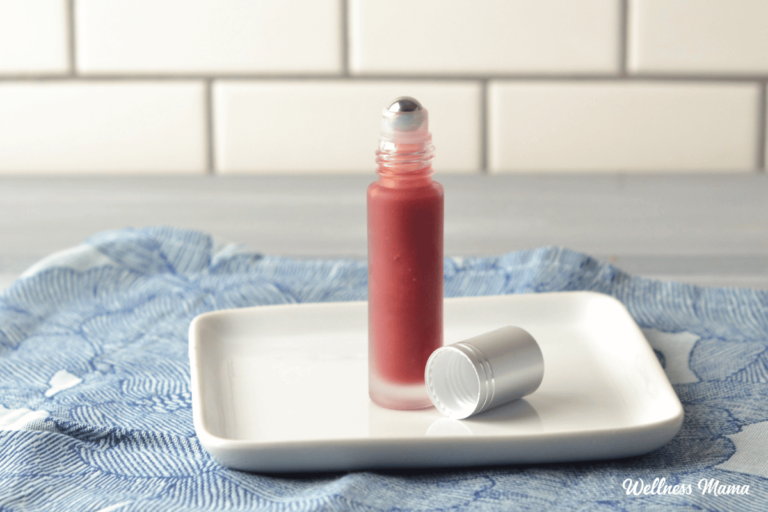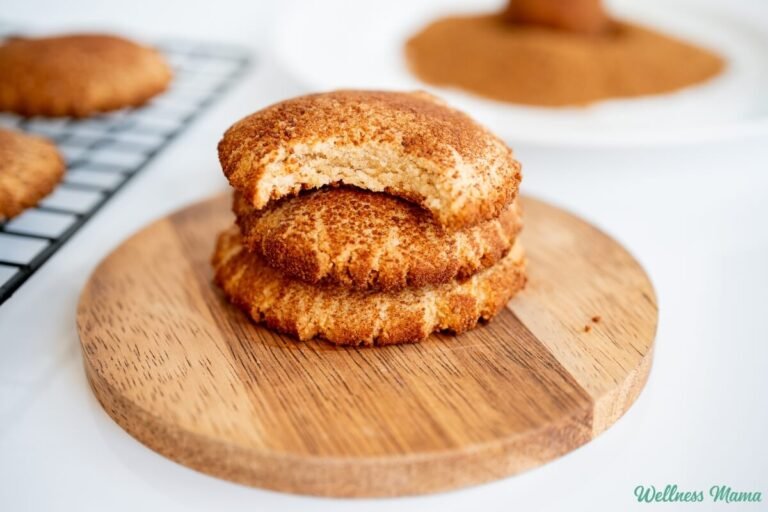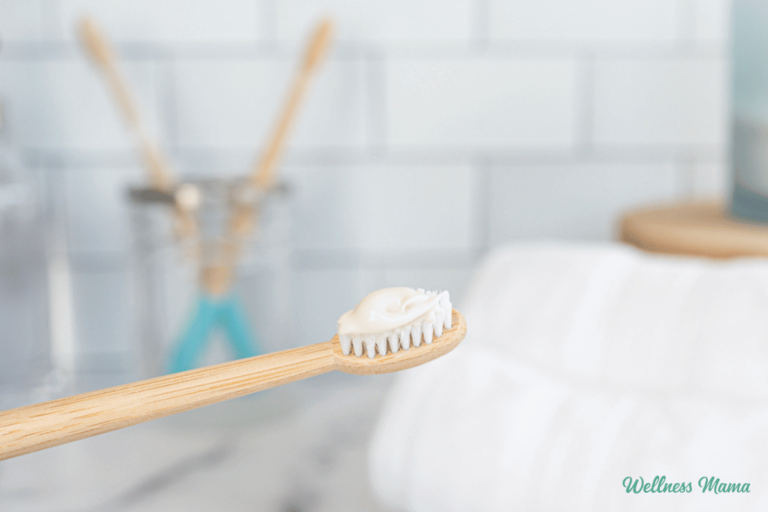
Oil pulling with coconut oil has gained popularity in recent years as a natural remedy for improving oral health. Many people swear by its benefits, including reducing plaque, improving gum health, and even whitening teeth. However, there have been concerns raised about the safety of oil pulling and whether it could have potential risks. In this article, we will explore the pros and cons of coconut oil pulling for overall health.
Oil pulling is an ancient practice that originated from Ayurvedic medicine in India. It involves swishing a tablespoon of oil in the mouth for 5 to 20 minutes on an empty stomach and then spitting it out. The process is said to help break down plaque, reduce bacteria, and clean the teeth. While sesame oil is traditionally used in oil pulling, coconut oil has become a popular choice due to its pleasant taste and potential benefits.
One of the main benefits of oil pulling is its ability to reduce plaque buildup, which can lead to improved gum health and reduced risk of gum disease. Studies have shown that oil pulling can help manage gingivitis and bad breath, making it a promising natural remedy for oral hygiene. Coconut oil, in particular, contains lauric acid, which has antimicrobial properties that can help kill harmful bacteria in the mouth.
Despite its potential benefits, the American Dental Association (ADA) does not officially recommend oil pulling as a dental hygiene practice due to limited scientific evidence supporting its efficacy. While some studies have shown positive results, more research is needed to fully understand the benefits of oil pulling for oral health. Critics of the ADA argue that their recommendations for fluoride treatments and mercury fillings are also controversial, highlighting the need for further studies on oil pulling.
When it comes to potential side effects, coconut oil pulling is generally considered safe, but there are some risks to be aware of. Upset stomach, jaw soreness, allergic reactions, and lipoid pneumonia are potential side effects that can occur if oil pulling is done improperly. It is essential to start with a small amount of oil and gradually increase the duration of swishing to avoid these side effects. Individuals with coconut allergies or existing oral health issues should consult with their dental provider before trying oil pulling.
In conclusion, coconut oil pulling can be a safe and effective practice for improving oral health when done correctly. While there are some potential risks associated with oil pulling, they are rare and can be minimized with proper technique. It is essential to continue practicing good oral hygiene habits, such as brushing, flossing, and regular dental check-ups, in addition to oil pulling. Overall, coconut oil pulling can be a beneficial addition to your oral care routine, but it is essential to be aware of the potential risks and consult with a dental professional if necessary.






